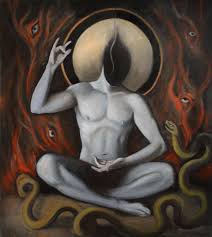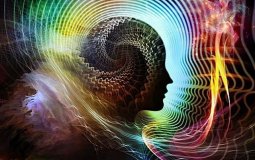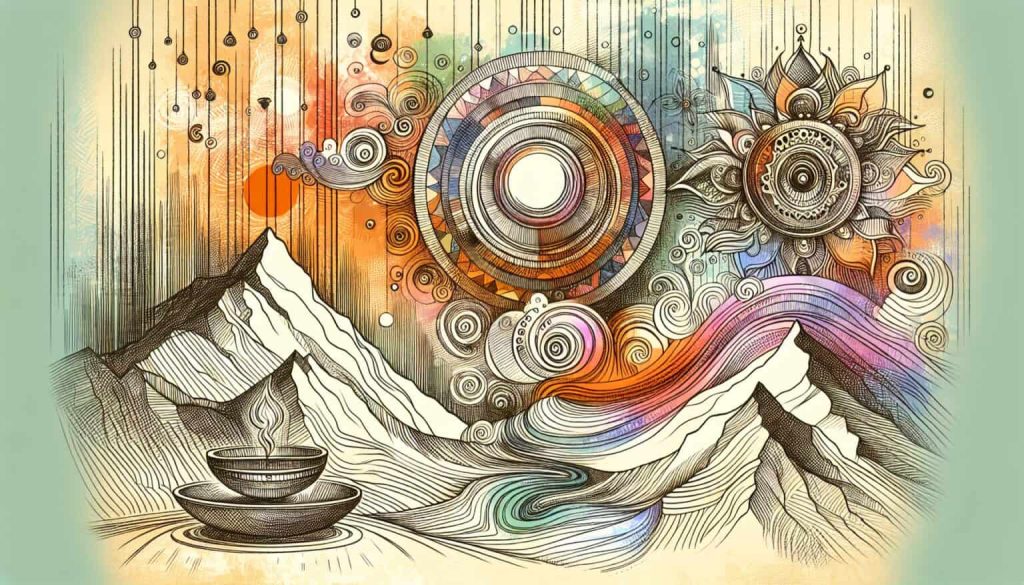Discover the path to Jivanmukta in Sikhism, achieving spiritual liberation while still living. Learn how this ancient concept redefines human existence.
Explore the revered role of Krishna as God Himself beyond mythological tales in Sikhism, where His name embodies divinity and sanctity.
Discover the legacy of Guru Ram Das, the fourth Sikh Guru, founder of Amritsar, and creator of the sacred Golden Temple.
Discover the deep teachings of Ramkaij Sadu by Sundar, an elegy in Raga Ramkali, imparting Guru Amar Das's wisdom on life, death, and divine unity.
Discover Sahaj, the state of innate serenity in Sikhism, transcending ego for true spiritual freedom and soul's elevation.
Dive into the rich symbolism of the Guru Granth Sahib, where evocative metaphors & imagery enrich the spiritual experience. Discover timeless wisdom today.
Explore the doctrine of soul transmigration and its ties to karma and spiritual liberation in Indian eschatology.
ALAM CHAND was a masand or parish leader at Lahore in Guru Arjan\'s time. He was known for his pious and honest ways. He brought to the Guru regularly offerings collected from the Lahore sangat. His favourite maxim, tells Bhai Mani Singh in the Sikhan di Bhagat Mala, was that the use for oneself even of a kaudi, i.e. the smallest coin, out of the offerings was injurious to one\'s body as well as to one\'s soul.
Dive into the rich meanings of 'atma'—from breath to soul—in various Indian philosophies and uncover its role in consciousness and divine connection.
Discover the essence of Brahmgiani in Sikhism—realization of the Universal Spirit & true self, embodying compassion & liberation. Explore this spiritual zenith.
- 1
- 2







